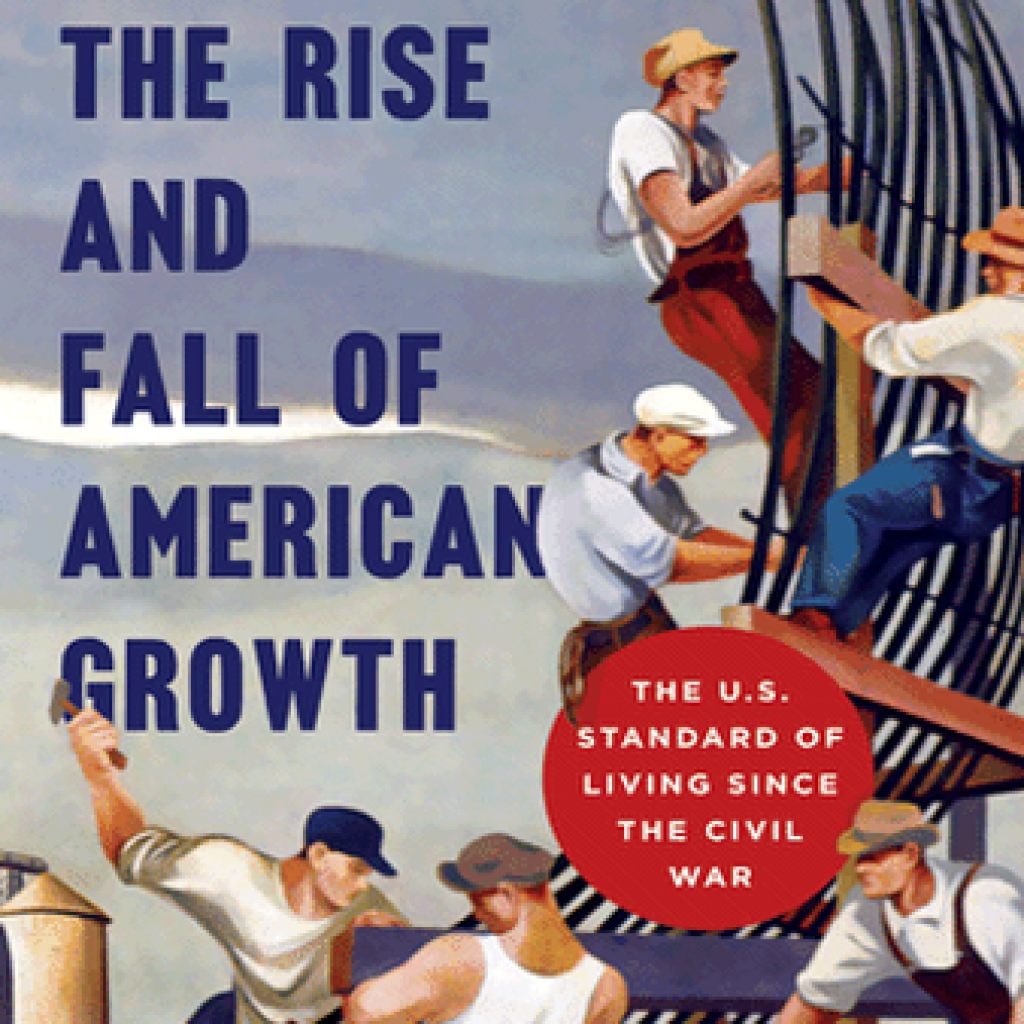Podcast: The Rise and Fall of American Growth
-
-
slice.mit.edu
- 1
Filed Under
Recommended
 Robert Gordon PhD ’67 discusses his bestseller The Rise and Fall of American Growth
Robert Gordon PhD ’67 discusses his bestseller The Rise and Fall of American Growth
On February 21, the New York Times bestseller list featured a new title ranking 18th in its nonfiction list. It was an unusual blip in an otherwise trendy trade-books list, even more so given the book’s length: 800 pages. Yet The Rise and Fall of American Growth: The U.S. Standard of Living since the Civil War, by Robert Gordon PhD ’67 has struck a chord.
In the years since the dotcom bubble burst and the economic slowdown of 2009, skeptics have turned a critical eye on the Internet age. Will its promises of producing unparalleled growth for America come true? Gordon’s answer is no. Listen to his reasoning in this Alumni Books Podcast episode of the Slice of MIT Podcast. (Read the episode transcript.)
“We’re going to muddle along with the same relatively slow productivity growth,” says Gordon in this interview. “If we take the last 45 years…excluding the late 1990s, the growth rate of productivity was about half that of the 50 years in the middle of the 20th century. So I’m looking for future productivity growth to be in the same ballpark as the approximately 1.4% that happened after 1970. What I’m criticizing is the thought that we could go back to the pre-1970 period–that’s not techno-pessimism. It’s techno-realism.”
If there is growth in the world economy, the bulk of it will be outside the U.S. market, says Gordon.
“I expect rapid growth in Africa, in Southeast Asia over the next few decades,” he says, “as this inevitable process of catching up occurs. Just as we had over the past 35 years a remarkable period of catching up in Singapore, Hong Kong, Taiwan, and South Korea–several of those countries have reached U.S. levels of per capita income –there’s no reason why we can’t see some of the same thing happen in much of the rest of Asia spread out over the next 30-50 years. So my pessimism about the rate of growth in the United States in the future does not transfer into the emerging markets.”
Listen to more books podcasts and hear interviews with professors, scientists, and entrepreneurs by visiting the Slice of MIT Podcast on Soundcloud.








Comments
Emil M Friedman
Mon, 03/07/2016 1:17pm
Is it possible to maintain prosperity without growth or without significant growth?